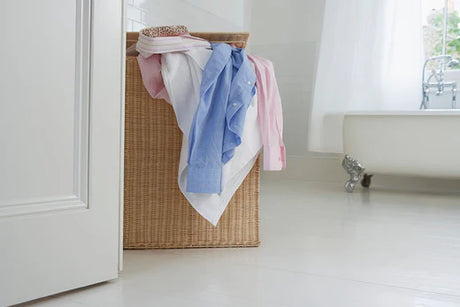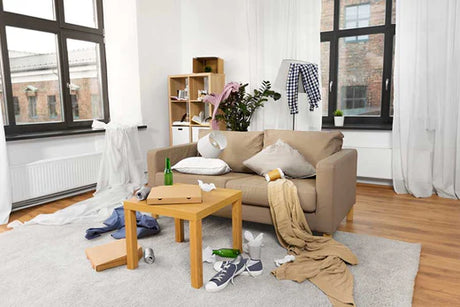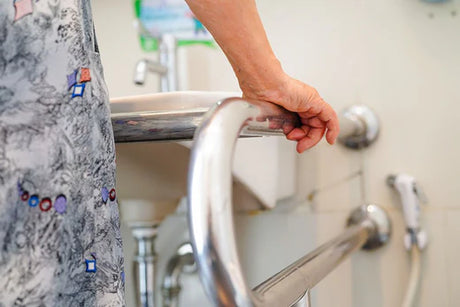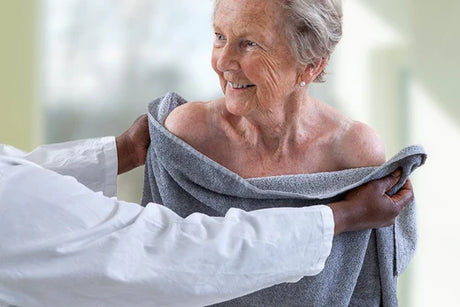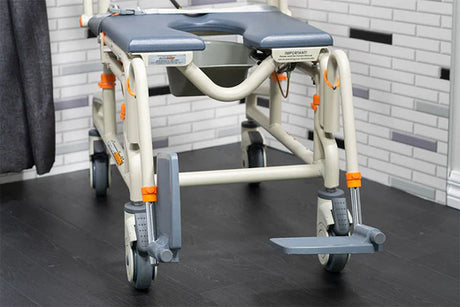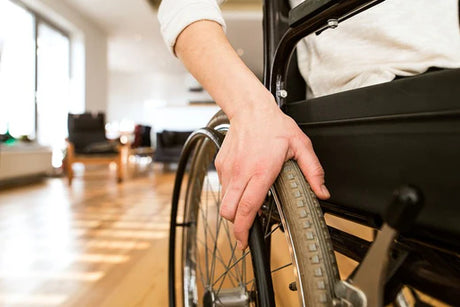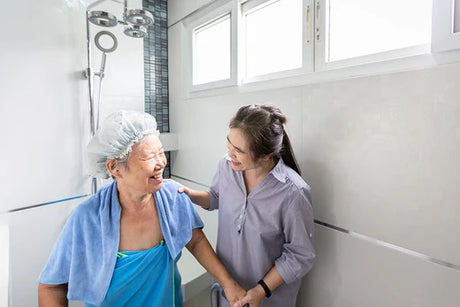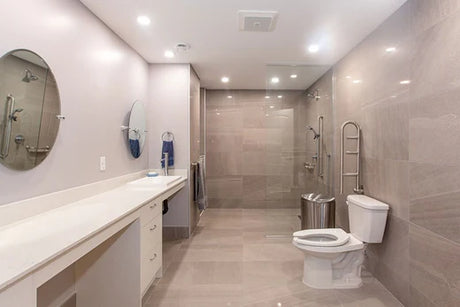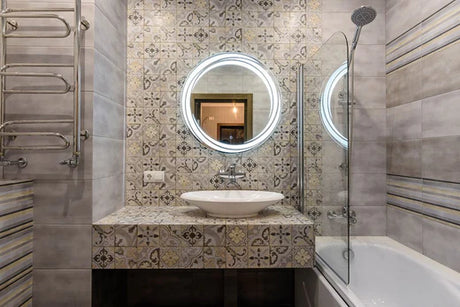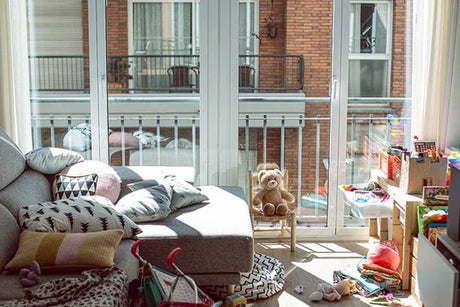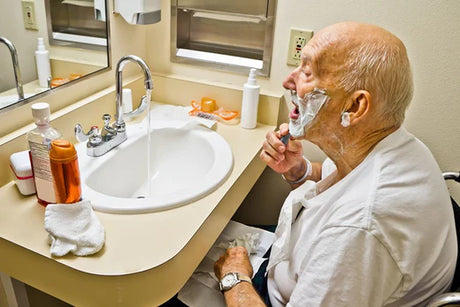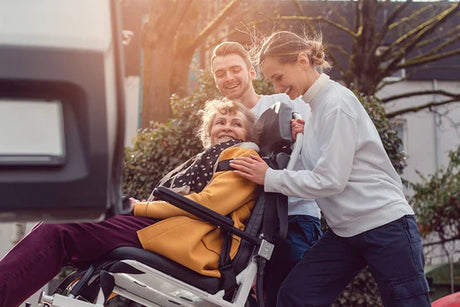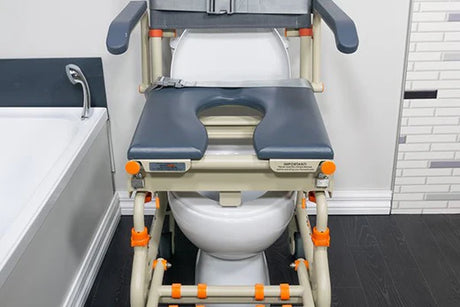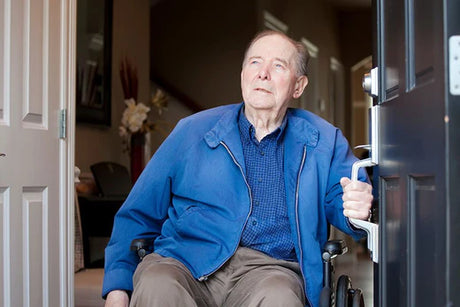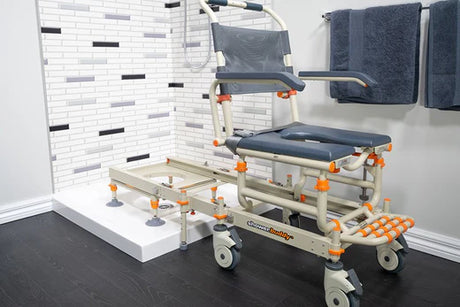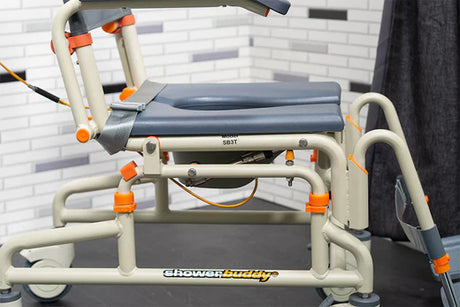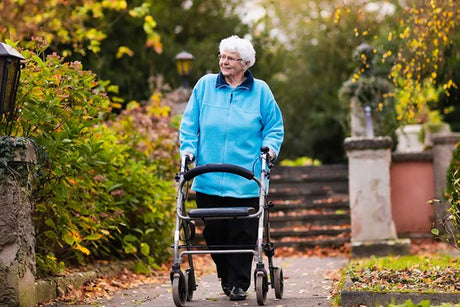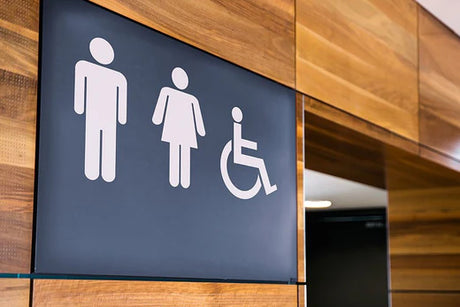Listening First - Our Best Source of Insight
Over the years, we’ve spoken with hundreds of families trying to navigate bathroom mobility. Every story is different, but one theme always emerges: no one wants to feel like they’re compromising their loved one’s dignity just to get through the day.
When mobility changes a household, it affects everyone. And it often falls on family members to provide support , sometimes without warning, and usually without much training. That’s where the right equipment and the right advice make all the difference.
What Families Have Taught Us
Families are resilient, resourceful, and deeply committed to their loved ones’ wellbeing. But they’re also under pressure , physically, emotionally, and financially. Here are a few key lessons we’ve taken from our conversations with them:
1. The Bathroom Is Often the Most Stressful Part of the Day
Transfers in and out of the shower or over a toilet aren’t just difficult , they’re risky. Many families told us they dreaded these moments, not because they didn’t want to help, but because they feared hurting their loved one… or themselves.
The physical demands of moving someone safely in a wet, slippery environment are immense. Caregivers often describe shower time as the one task that creates the most tension and fatigue.
2. Everyone Wants to Avoid Institutional Care
Most families want to keep their loved ones at home as long as possible. But when bathroom routines become unsafe or exhausting, care homes start to look like the only option.
We’ve heard from adult children who have put their lives on hold to care for aging parents. From partners who’ve quietly taken on full-time carer roles. They all tell us the same thing: good bathroom equipment delays that hard decision. It allows them to keep living together at home, safely.
3. Simplicity and Speed Matter
When you’re providing daily care, you don’t have time to fumble with complicated adjustments or unreliable gear. Families told us they value systems that just work , quickly, smoothly, and without fuss.
Setup time should be seconds, not minutes. Adjustments should be intuitive. And the equipment should fit around the user, not the other way around.
4. Confidence Comes from Familiarity
A bathroom aid isn’t just a piece of kit , it becomes part of the daily routine. When it works well, it builds confidence in both user and carer. One mother told us, “We don’t even think about the transfers anymore , it’s just part of the flow now.”
That familiarity creates ease. And ease reduces stress.

How Showerbuddy Has Responded
Everything we’ve designed is shaped by what families have told us they need most. That includes:
- Minimal lifting: Our transfer systems take the strain off carers
- No bathroom renovations: Perfect for renters or families avoiding major costs
- Tool-free adjustments: Adapt the chair without needing a technician
- Portable options: For families who travel or need flexible support
- Comfortable seating and materials: For longer use sessions without discomfort
We also work with occupational therapists and local dealers to make sure families are getting the right product for their unique layout and situation. No two homes are alike , and our equipment is designed to accommodate that.
Supporting the Whole Household
It’s easy to focus on the person receiving care , and rightly so. But we also believe in supporting the whole household. When family caregivers are supported, everyone benefits.
Common Challenges We Hear:
- One partner trying to manage all care duties alone
- Families with young children and elderly parents in the same home
- Siblings sharing care responsibilities across distance
In these situations, the right mobility equipment becomes more than a tool, it’s part of the family’s ability to function. It frees up time. Reduces arguments. And helps carers maintain their own health and routines.
The Emotional Side of Bathroom Mobility
There’s also an emotional element that’s often overlooked. Bathrooms are private. Vulnerability is heightened. And families are often working through those moments with little preparation.
We’ve heard from sons helping their mothers shower for the first time. From spouses adjusting to new dynamics. These are tender, difficult moments. Equipment that maintains modesty, enables independence, and removes the need for awkward manual handling can make these experiences easier.
It’s not just about moving someone , it’s about how that movement is experienced.
Planning for the Long Term
Many families we talk to are planning for the future, not just the present. They want solutions that will last beyond a short-term injury or recovery. They want to be ready as mobility needs change.
That’s why our chairs are built to adapt. With adjustable features, modular parts, and a range of accessories, families can invest in one system that evolves with their situation.
Our Commitment to Families
At Showerbuddy, we’ll keep listening. Every product development starts with a conversation. Every improvement comes from lived experience.
We’re here to support families as they navigate one of the most important, and often most challenging, parts of daily care: the bathroom.
If you’re in the midst of this journey, we see you. And we’re working every day to make it easier.











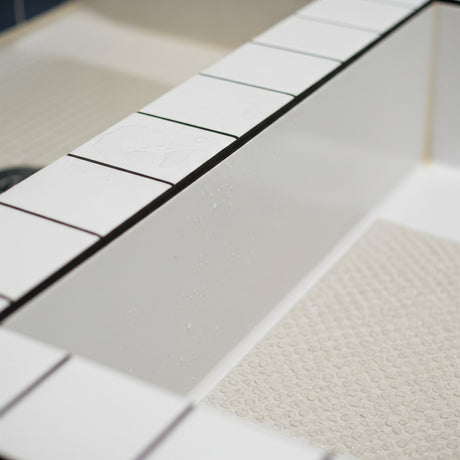

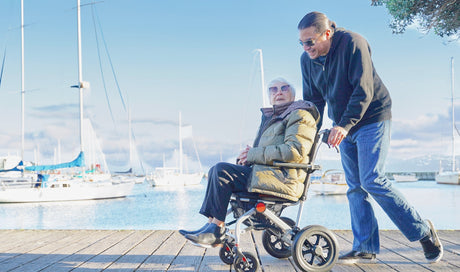
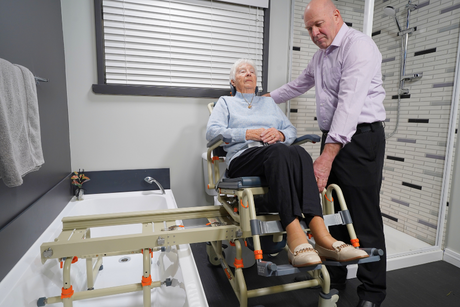
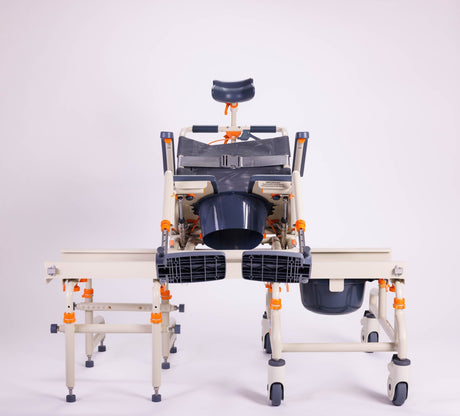
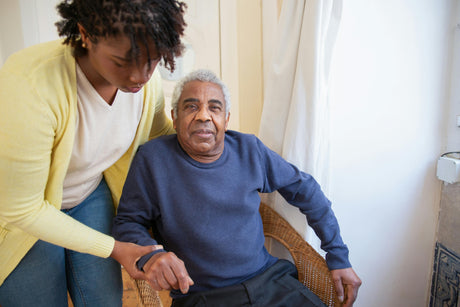
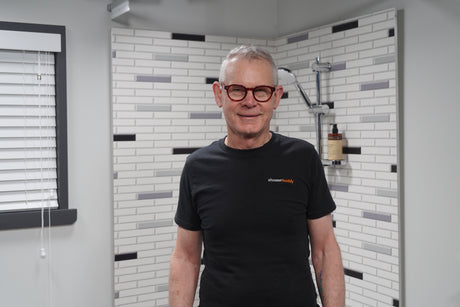
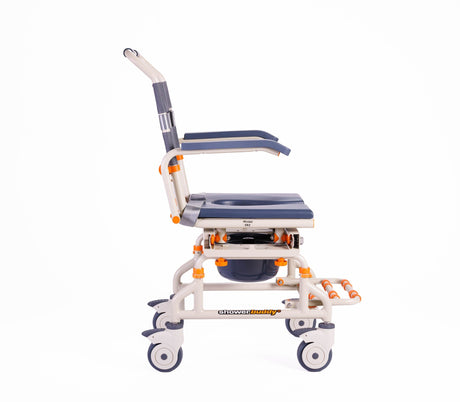
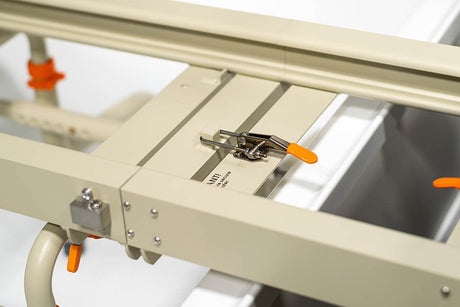
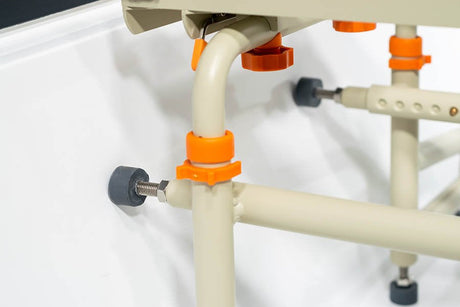
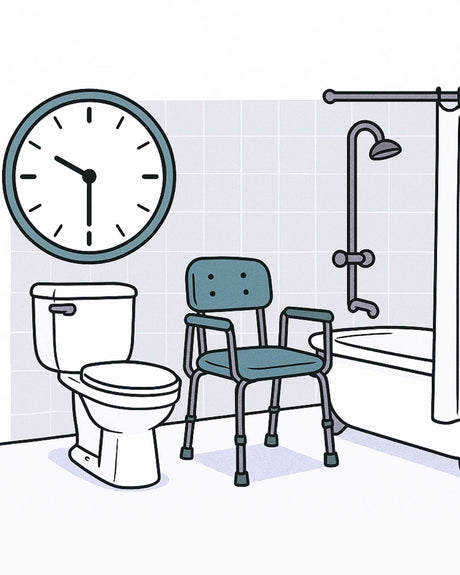
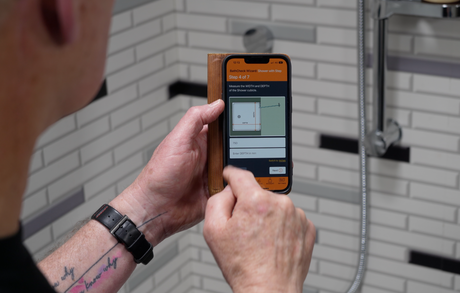
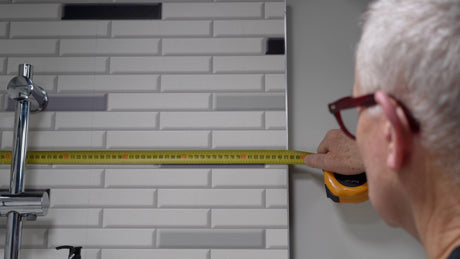

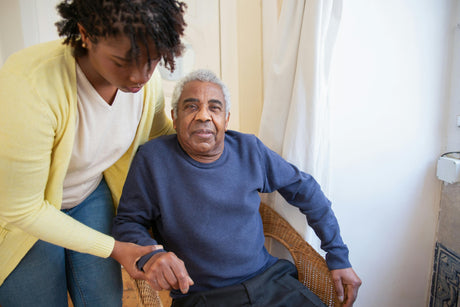
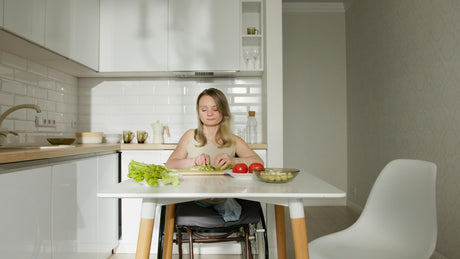
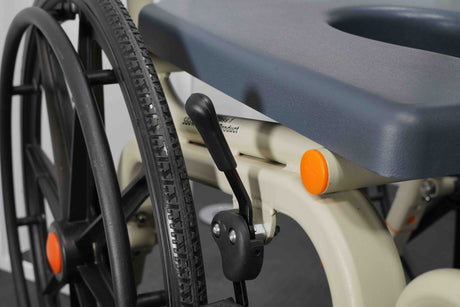

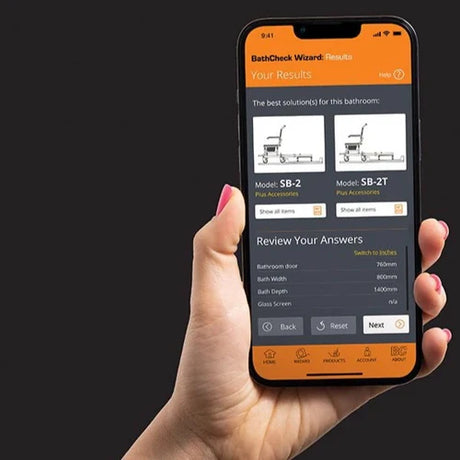
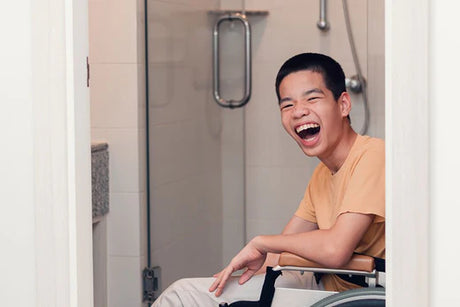
![Toilet Training A Young Child With Mobility Challenges [And How A Shower Chair Can Help]](http://shower-buddy.com/cdn/shop/articles/toilet-training-disabled-child_520x500_a90e5234-d372-435d-aa56-8da15dd3836c.webp?v=1722557239&width=460)

